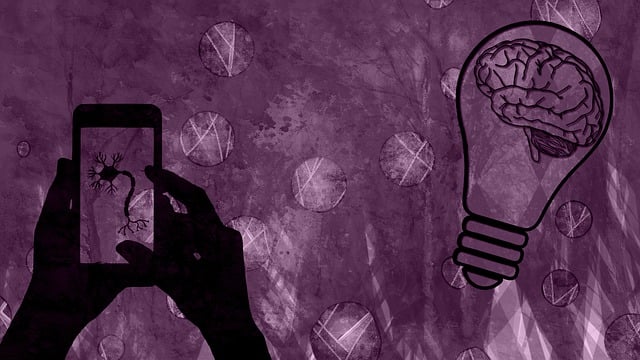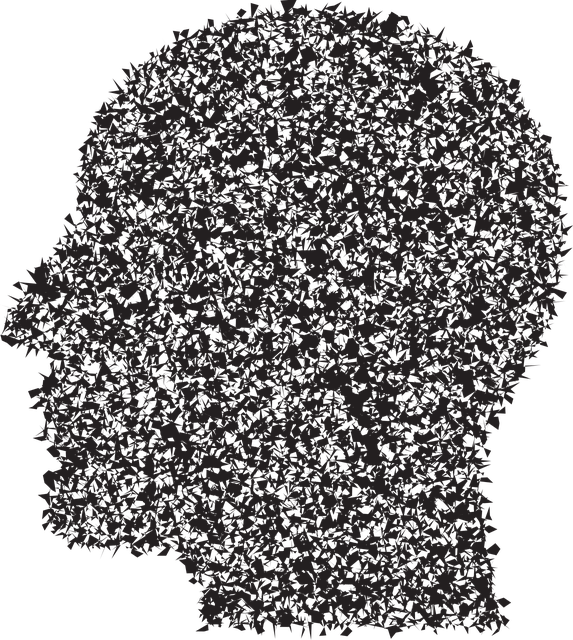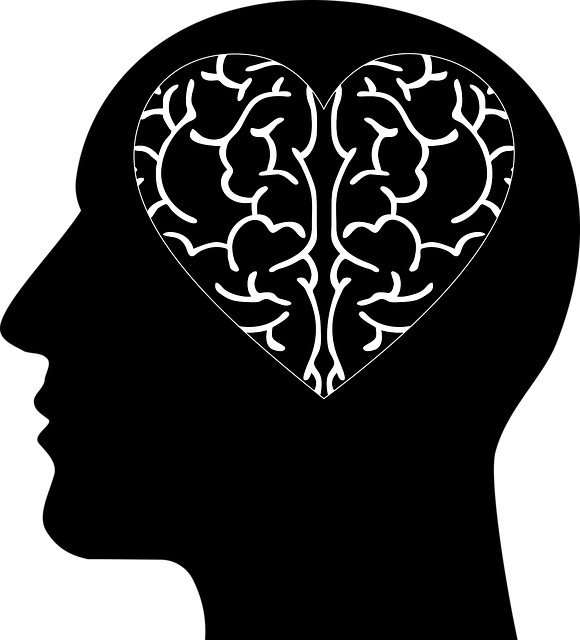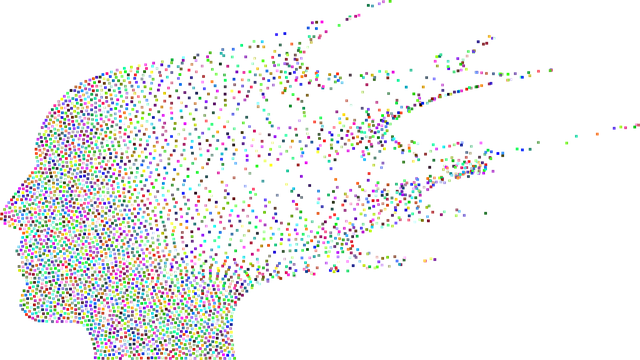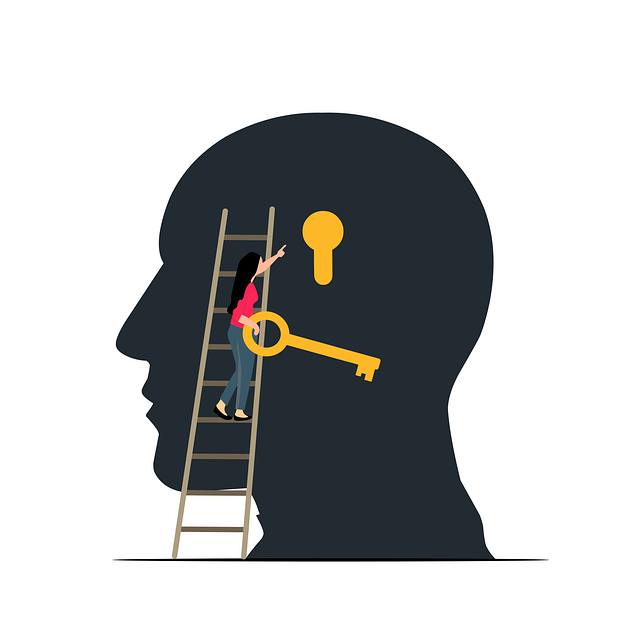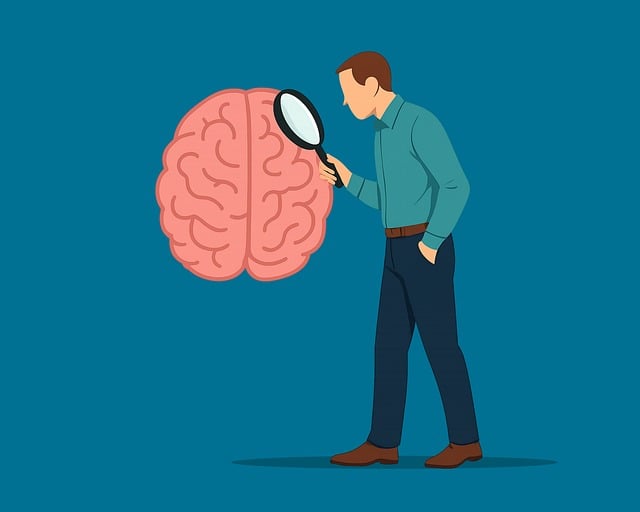The text emphasizes the significance of social skills in mental health therapy, particularly for the elderly, often overlooked despite its impact on isolation and anxiety. Family counseling is introduced as a holistic approach, addressing unique challenges faced by seniors through structured activities, communication training, and emotional intelligence development. By involving families, this method rebuilds relationships, reduces burnout, and enhances overall well-being, breaking the cycle of loneliness and mental health decline. Evidence-based strategies, focusing on social skills training and compassion cultivation, prove effective in improving community interactions and creating supportive networks for those with mental health conditions.
Social skills training is a powerful tool in managing mental health conditions, especially among the elderly. This comprehensive guide explores the intricate link between social abilities and mental wellness, highlighting the profound impact of loneliness on older adults. We delve into family counseling as a nurturing environment for skill development, offering evidence-based strategies to enhance social interactions. Additionally, we examine how structured training fosters resilience and encourages healthy relationships, providing valuable insights for therapists and caregivers supporting elders in their journey towards improved well-being.
- Understanding the Link Between Social Skills and Mental Health
- The Impact of Loneliness and Isolation on Elderly Individuals
- Family Counseling: A Supportive Environment for Social Skills Development
- Evidence-Based Strategies for Improving Social Interaction
- Building Resilience and Fostering Healthy Relationships Through Training
Understanding the Link Between Social Skills and Mental Health

The connection between social skills and mental health is a crucial aspect often overlooked in traditional therapy settings. Many mental health conditions can isolate individuals, making it challenging for them to engage in meaningful social interactions, which in turn exacerbates their symptoms. For instance, an older adult struggling with anxiety may avoid social gatherings, leading to feelings of loneliness and increased anxiety over time. This cycle highlights the need for a holistic approach to treatment, where improving social skills becomes a powerful tool for emotional healing processes.
Family counseling plays a pivotal role in this context, especially when addressing conditions that impact an individual’s ability to connect with others. Through therapy for elders or other family-focused approaches, coping skills development can be tailored to each person’s unique challenges. By learning effective communication techniques and social strategies, individuals can rebuild connections, prevent burnout, and foster a sense of belonging, all of which contribute significantly to overall mental well-being.
The Impact of Loneliness and Isolation on Elderly Individuals

Loneliness and isolation are prevalent issues among the elderly population, with significant impacts on their mental health. As individuals age, they may experience a decline in social connections due to various factors such as loss of peers, mobility restrictions, or reduced independence. This sense of disconnection can lead to profound feelings of loneliness, which, over time, can escalate into social anxiety and depression. The consequences are far-reaching; elderly individuals might withdraw from social activities, leading to a further diminution of their support network and an enhanced risk of cognitive decline.
Family counseling and community outreach programs have proven effective in addressing these challenges. Implementing strategies like self-awareness exercises and social skills training can empower the elderly to build and maintain meaningful relationships. These initiatives foster a sense of belonging and provide opportunities for engagement, thereby mitigating the adverse effects of loneliness and isolation. Therapy for elders focused on enhancing social connections is a crucial step towards promoting overall well-being in this demographic.
Family Counseling: A Supportive Environment for Social Skills Development

Family counseling offers a unique and supportive environment for individuals with mental health conditions to develop their social skills, especially for elders in society. This therapeutic approach recognizes the profound impact that family dynamics and relationships can have on an individual’s well-being and social interactions. By involving family members, counselors create a safe space where participants can practice new communication techniques, learn to navigate challenging situations, and build upon existing strengths.
Through structured activities and open dialogue, family counseling sessions foster cultural sensitivity in mental healthcare practice. It encourages understanding and appreciation of diverse backgrounds, ensuring that the social skills training is inclusive and relevant to all. Moreover, this collaborative process can significantly boost confidence, enabling individuals to step out of their comfort zones and engage with others more effectively. The support system within the family unit acts as a cornerstone, promoting positive behavior changes and enhancing overall mental health.
Evidence-Based Strategies for Improving Social Interaction

In the realm of mental health support, evidence-based strategies are pivotal for fostering meaningful social interactions and enhancing overall well-being. Therapy for elders and family counseling often incorporates techniques that focus on emotional intelligence (EQ) development, a key player in successful social dynamics. By teaching individuals to recognize and manage their emotions effectively, these practices enable better communication and empathy towards others.
Compassion cultivation practices have also proven beneficial in promoting mental wellness. Encouraging active listening, empathetic responses, and genuine interest in others’ experiences can significantly improve social relationships. Such strategies not only benefit the individual but also create a supportive network, which is crucial for those navigating mental health conditions. This approach ensures that therapy goes beyond isolated exercises, integrating into daily life through enhanced social connections.
Building Resilience and Fostering Healthy Relationships Through Training

Social skills training plays a pivotal role in enhancing resilience and fostering healthy relationships for individuals dealing with mental health conditions. Through structured programs, participants learn effective communication strategies, emotional regulation techniques, and conflict resolution methods tailored to their specific needs. This not only improves their interactions within communities but also strengthens support networks crucial for managing challenges associated with mental illness.
In the context of therapy for elders or family counseling, such training can be a game-changer. It equips individuals with tools to navigate social situations confidently, reducing feelings of isolation and promoting emotional well-being. Moreover, by addressing the mental illness stigma through these programs, participants can cultivate more inclusive environments, fostering support rather than judgment. Crisis intervention guidance and emotional well-being promotion techniques are seamlessly integrated into these training sessions, ensuring a holistic approach to mental health care.
Social skills training is a powerful tool in addressing mental health conditions, especially for the elderly. By understanding the link between social interaction and well-being, we can break down isolation and loneliness. Family counseling offers a unique and supportive environment to foster social development, while evidence-based strategies provide practical tools for improving interactions. Through this comprehensive approach, individuals can build resilience and form healthy relationships, ultimately enhancing their mental health and quality of life. This holistic method, including therapy for elders and family counseling, is a game-changer in managing and improving mental health conditions.



